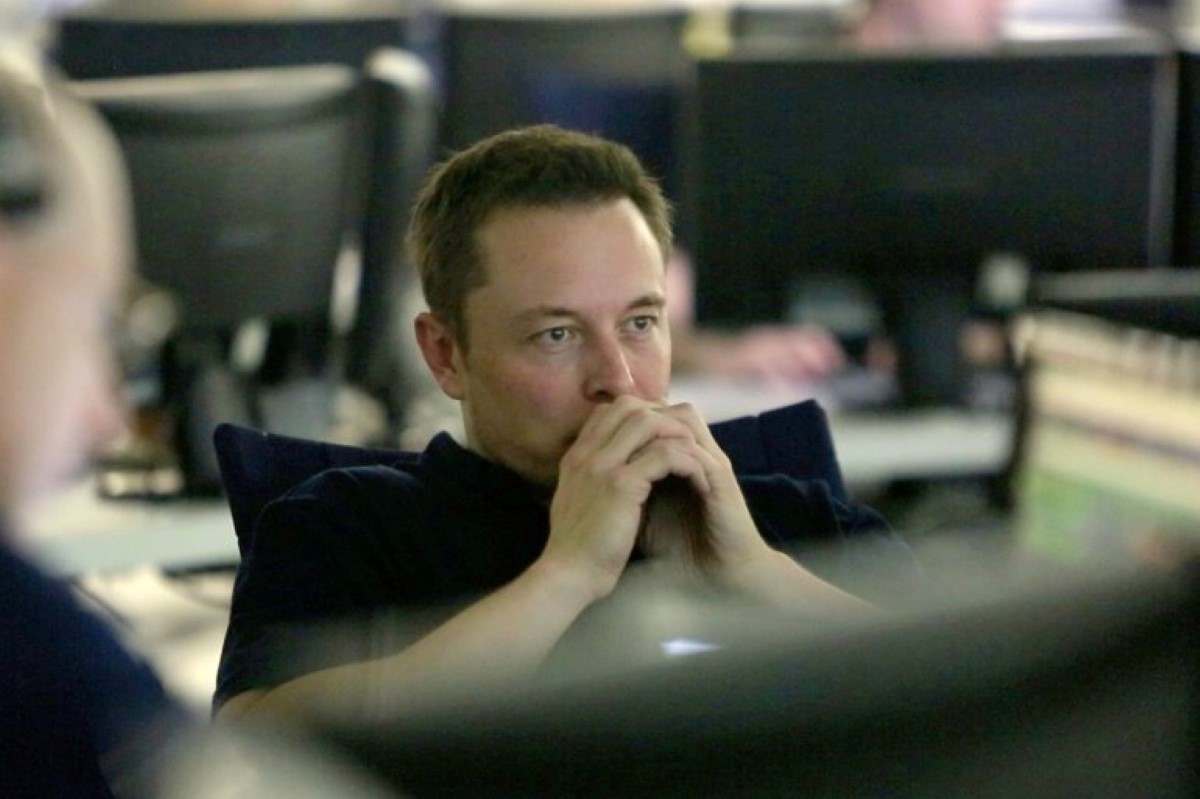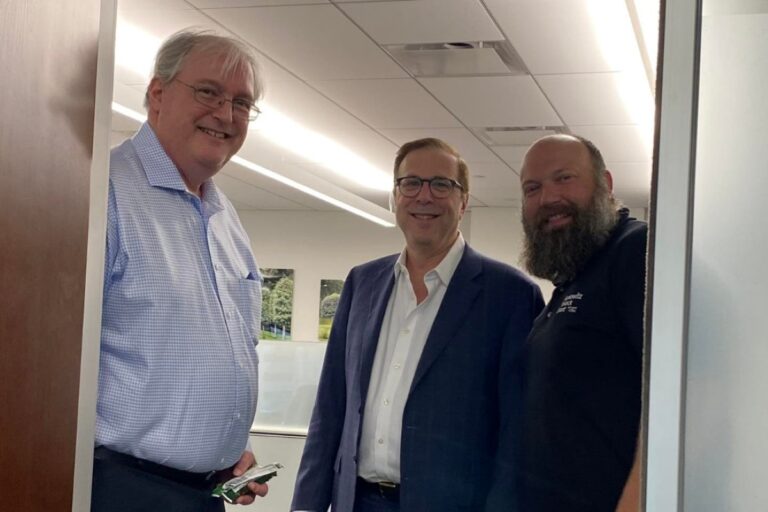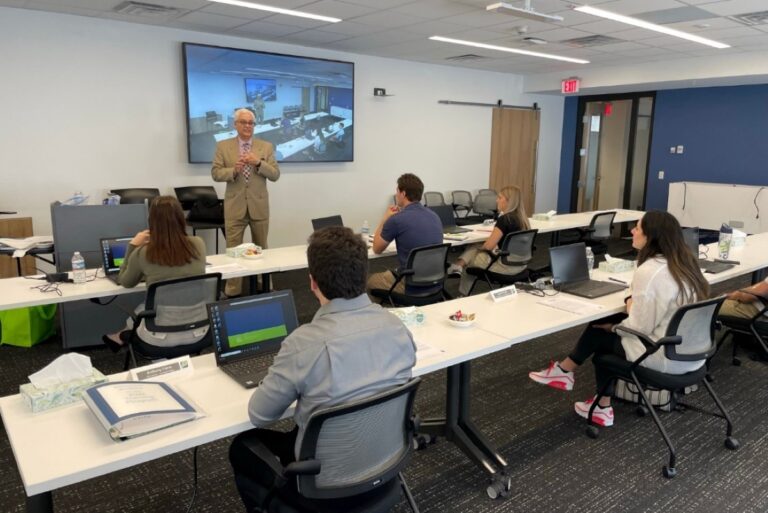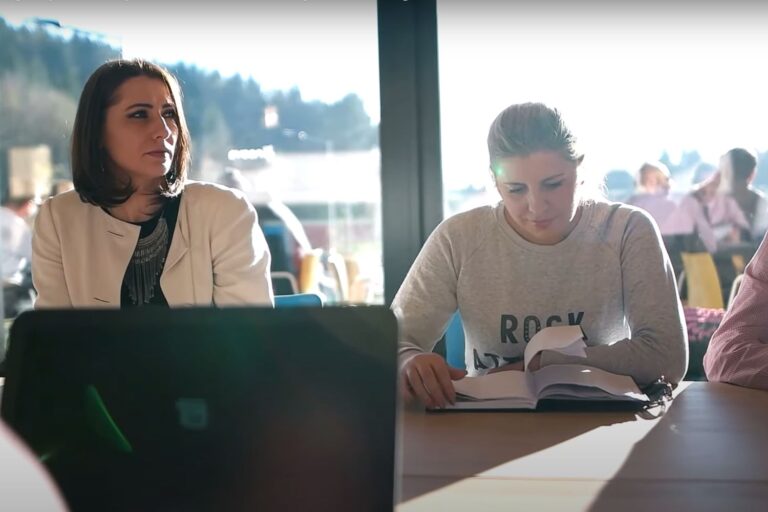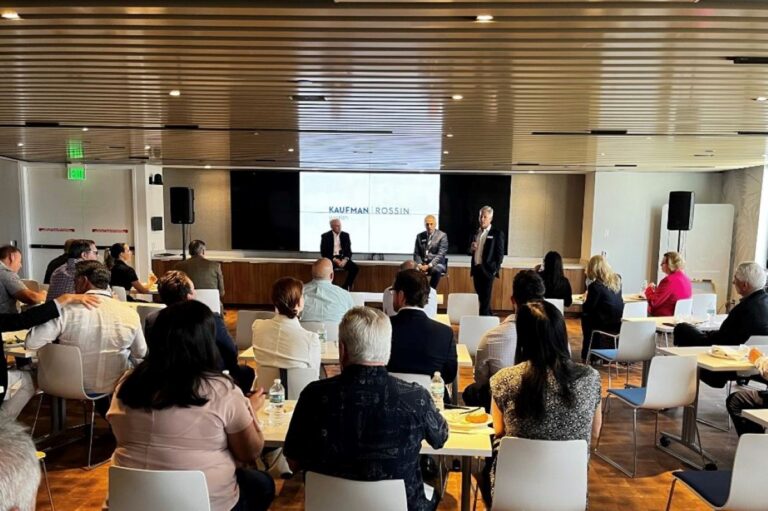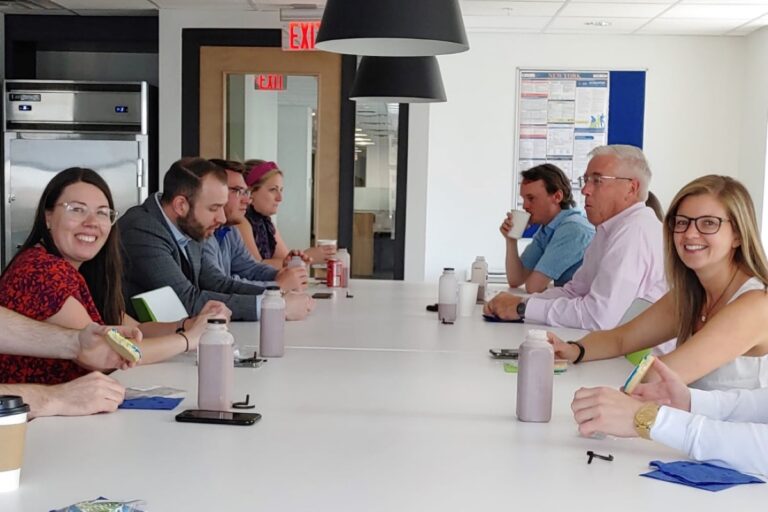Elon Musk’s Learning Strategies – Winning Secrets Demystified
How does Elon Musk study? How efficient are his methods compared to others? Originally appeared on Quora: the place to gain and share knowledge, empowering people to learn from others and better understand the world.
ELON MUSK has a secret learning strategy. Here are the 5 STEPS you can use to set yourself up to BECOME AN EXPERT on any subject just like ELON MUSK.
If you’re mastering rocket science after co-founding PayPal and Tesla, you’ll need to know how to shove the maximum amount of information into your brain in the shortest possible time.
Thankfully, Musk is willing to share exactly how he does it.
1. READ ABOUT EVERYTHING AND NOT JUST YOUR FIELD
Musk would read through two books per day in various disciplines. To put that context, if you read one book a month, Musk would read 60 times as many books as you.
At first, Musk’s reading spanned science fiction, philosophy, religion, programming, and biographies of scientists, engineers, and entrepreneurs.
As he got older, his reading and career interests spread to physics, engineering, product design, business, technology, and energy.
While many people prefer to stick to books that are relevant to their fields, Musk allows himself to learn about anything. Why? Because what you learn now can tie into something else in the future, creating something unique.
2. SURROUND YOURSELF WITH INTELLIGENT PEOPLE
When Musk began dabbling in the aerospace industry with SpaceX, he hired the rocket engineer Tom Mueller, who is considered the smartest propulsion expert out there. Musk hung around him and learned everything he could from him.
Jim Cantrell, an aerospace consultant at the time, told Business Insider:
“In the same way that Musk absorbed books, he tried doing that with other people’s expertise. It was as if he would suck the experience out of them. He truly listens to people.”
Musk is known for doing this around everyone in his network who knows something he doesn’t.
3. MASTER LEARNING TRANSFER
Learning transfer is taking what we learn in one context and applying it to another. It can be taking a piece of what we learn in school or in a book and using it in the real world.
It can also be taking what we learn in one industry and applying it to another, like software and economics blending together to create PayPal.
4. BREAK DOWN THINGS INTO ITS FIRST PRINCIPLES
In a Reddit AMA, a fan wanted to know what techniques Musk used to learn so much so incredibly fast.
In response, Musk boss shared a nugget of pure learning gold:
“One bit of advice: it is important to view knowledge as a sort of a semantic tree. Make sure you understand the first principles (the trunk and big branches) before you get into the leaves/details, or there is nothing for them to hang on to.”
The gist of Musk’s advice should be clear to anyone. Don’t rush into more advanced material (even if that’s what attracts you to a subject) without taking the time to master the core principles of whatever you’re studying first.
Taking a little more time to nail down the essentials will actually mean faster and better learning overall.
That’s exactly what I applied (without knowing) when I was in high school. After failing one algebra exam, I decided to go all-in, legendary mode, on learning math.
So in a matter of 3 months, I read 3 books on arithmetics, algebra, and trigonometry from cover to cover and did each and every exercise on the books. After those 3 months, I became a math machine, and never again did I have trouble at math. I mastered the fundamentals.
One particularly powerful technique for helping people intuit underlying mental models is called “contrasting cases.” Here’s how it works:
Let’s say you want to deconstruct the letter “A” and understand what makes an “A” an A. Let’s further assume that you have two approaches you could use to do this:
Which path do you think would work better?
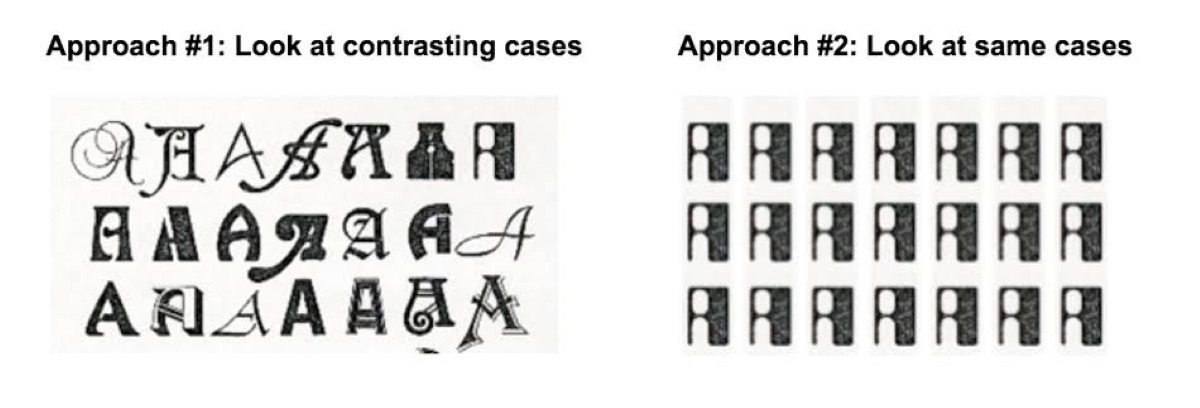
The answer is Approach #1!
Each different A in Approach #1 gives more insight into what stays the same and what differs between each A. On the other hand, each A in Approach #2 provides us with no insight.
By looking at lots of different cases when we learn anything, we begin to get a sense of what is essential and even craft our own unique combinations.
What does this mean in our day-to-day life?
When we’re jumping into a new field, we shouldn’t just take one approach or best practice. We should explore lots of different methods, deconstruct each one, and then compare and contrast them. This will help us uncover underlying principles.
5. RECONSTRUCT THE FIRST PRINCIPLES IN NEW FIELDS
Step two of Musk’s learning transfer process involves reconstructing the first principles he’s learned in artificial intelligence, technology, physics, and engineering into separate fields, for example:
People used to say battery packs were costly. Historically, it has cost $600 per kilowatt-hour.
When you break it down to its first principles you begin to ask yourself, “what are the material constituents of the batteries?”
Ok, so It’s got cobalt, nickel, aluminum, carbon, some polymers for separation, and a seal can.
Then you start creating new solutions from scratch: “If we bought those materials on the London Metal Exchange, what would each of those things cost?” It’s like $80 per kilowatt-hour.
Finally, you realize all you need is to think of smart ways to take those materials and combine them into the shape of a battery cell.
That’s how you get batteries that are much, much cheaper than anyone realizes and build a company like Tesla.
BOTTOM LINE:
Now we can begin to understand how Musk has become a world-class modern renaissance man.
It’s not magic. It’s just the right learning process.
While many of us may think, “Okay, sure, but he’s a genius. I sure won’t be able to learn so many things!” Well, Elon Musk has something to say about this too:
“I think most people can learn a lot more than they think they can. They sell themselves short without trying.”
Contributed by Charly Junco, Founder @ Productivity.Land, Mentor & Teacher

